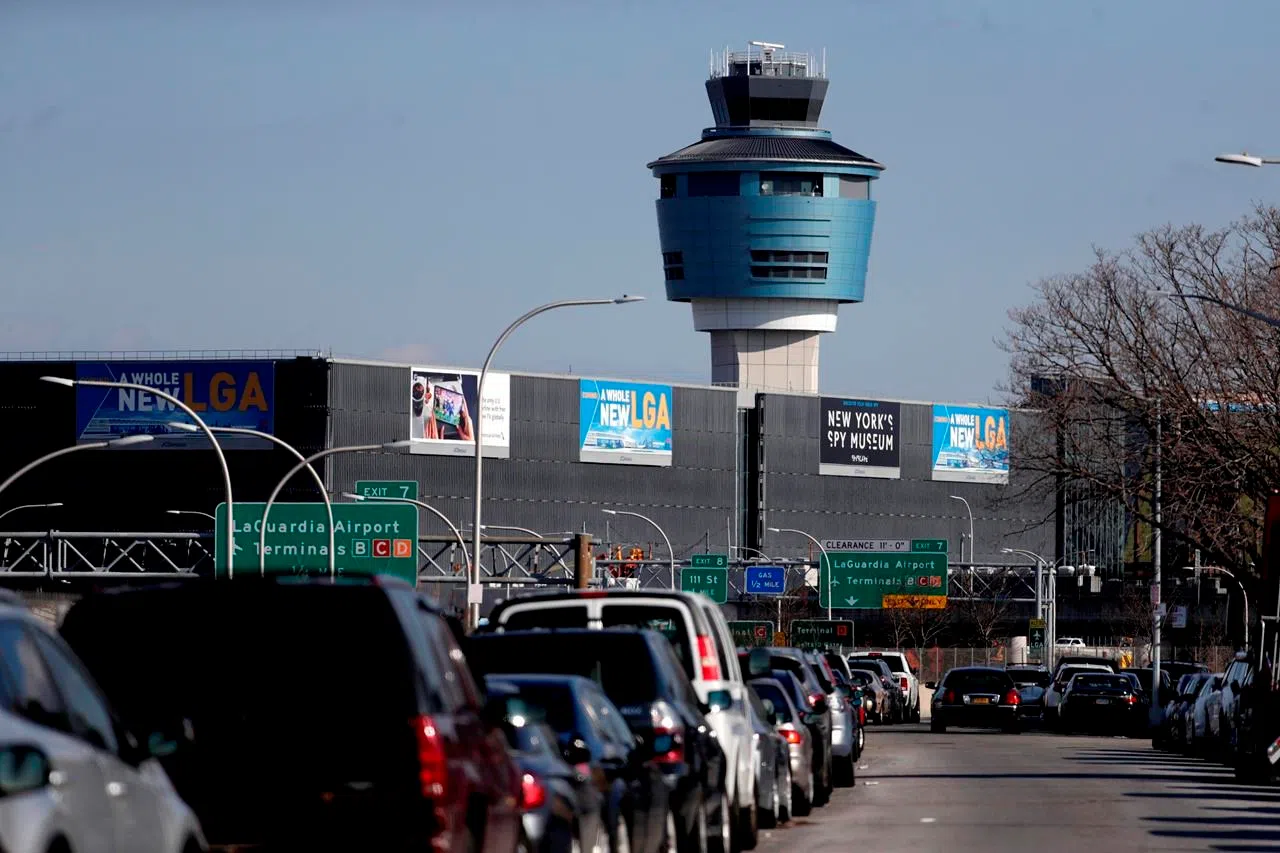
Travel groups praise deal on shutdown after flight delays
Politicians couldn’t overcome their differences and end the government shutdown over five weeks. Six air traffic controllers might have done it in a day.
Six of the 13 controllers who normally staff a critical air traffic centre in Virginia didn’t come to work Friday. That centre handles air traffic in and out of the Mid-Atlantic region and the New York City area.
Their absence contributed to a slowdown in air traffic and massive delays along the East Coast on Friday. LaGuardia Airport in New York and Newark Liberty International Airport in New Jersey were particularly affected, and delays rippled outward from there — about 3,000 late flights by mid-afternoon.
Around that time, President Donald Trump went to a lectern in the Rose Garden and announced a deal to end — at least for three weeks — the partial government shutdown that had forced air traffic controllers and airport screeners to work without pay.


